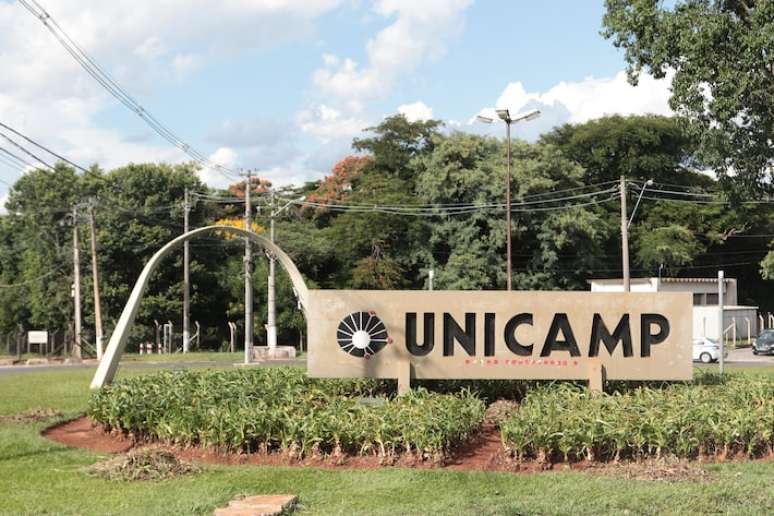The scam of fake bank managers continues to expand in Brazil and worries consumers. According to lawyer Elisângela B. Taborda, a specialist in bank fraud, criminals use the victims’ real data and pretend to be bank employees. He highlights that the new “MED button”, launched in September 2025, makes requesting blocking and refunding in case of fraud faster.
Bank fraud cases are on the rise across the country. According to data from Serasa Experian, approximately 1.9 million scam attempts were attempted in the financial sector in the first quarter of 2025 alone. The growth worries digital security experts and reinforces the importance of greater consumer attention.
According to the Indicator of fraud attempts from Serasa Experian, the financial sector recorded approximately 1.9 million fraud attempts in the first quarter of 2025, which represents a significant increase compared to the same period last year. The advancement reveals the improvement of strategies used by scammers, who exploit victims’ trust in an increasingly sophisticated way.
Lawyer Elisângela B. Taborda, Bank fraud specialistexplains that most of these incidents involve criminals posing as criminals managers or members of the bank’s security sectorby presenting true information about the victim’s account. “These criminals get in touch via phone or messaging app, always with a tone of urgency. They say they are acting to protect the customer, but in reality they trick the person into transferring their money to accounts controlled by the scammers,” he explains.
Febraban warns that the social engineering — emotional manipulation of the victim — is one of the most used techniques; Scammers use real data (agency, CPF, declarations) to provide verisimilitude. “THE fake manager scami.e. the false security sector, exploits customer trust and builds a narrative that leads to transfer”, explains the expert.
The Central Bank of Brazil (BCB) says it has improved Pix’s security rules and required stricter monitoring of suspicious transactions. One of the main tools is the Special Return Mechanism (MED)created in 2021 and provided for by the Pix regulation. It allows you to block amounts received due to suspected fraud and, once the irregularity has been confirmed, return the funds to the payer.
The lawyer explains that the recent “MED button”launched in banking applications in September 2025, it has arrived to make it easier for customers to exercise their rights. Previously it was necessary to request the block directly from the bank and wait for the analysis. “Now, with the ‘MED button’ available in the application, the customer can open the request immediately, without depending on human assistance. This brings agility and increases the chances of recovering the money,” he says. The resource is not new, but it has made MED more accessible and standardized across institutions.
Taborda underlines that banks, in addition to having an advanced technological structure to monitor operations and detect non-standard movements, have full knowledge of customers’ financial behavior, which increases their responsibility in preventing fraud. “We have already worked in cases where the customer made monthly payments of up to a thousand reais each, and during the scam, 25 consecutive transfers occurred, with amounts exceeding all normal monthly transactions. This was a clear discrepancy from the banking standard, something that the system could have identified and blocked in advance,” he reports.
The expert specifies that, in situations like this, the failure is not limited to the fraud itself, but to the lack of monitoring compatible with the customer’s profile. “When a movement completely clashes with consumer behavior, the bank is technically able to identify the deviation. This omission reinforces the financial institution’s understanding of responsibility,” he says.
THE Consumer Protection Code (Law No. 8.078/1990) requires institutions to be objectively accountable for shortcomings in the provision of services, even when the fraud arises from vulnerability or systemic failure. For the lawyer, the legal provision also applies to banks. “These institutions have a structure to identify non-standard operations. If they do not act, they are not complying with their security duty and can be held accountable,” he comments.
The agreement mentioned by the lawyer has been confirmed in recent decisions of higher courts. THE Superior Court of Justice (STJ)unanimously, recognized the responsibility of banks in cases of fake call centers, when they are unable to identify transactions unrelated to the customer’s profile. In the process, the third commission ordered compensation of R$ 143 thousand to the victim, highlighting that the transactions were completely in conflict with the consumption history (RESp 2.222.59/SP).
The expert emphasizes that not always the Special return mechanism is applied efficiently. «There are cases in which the bank does not even activate the MED and immediately informs the customer that it is his responsibility, without adequate analysis. In others, the consumer makes the request, but the institution takes a long time to act, which makes it impossible to block the amounts. When the customer is unable to recover the money, it is essential to seek advice from a Lawyer specializing in bank fraudwho can evaluate the case and take appropriate measures,” he explains.
The lawyer underlines that the Prevention is the main form of protection. “The bank never gets in touch to ask for passwords, tokens, data confirmations or transfers to security accounts. No ‘security sector’ makes these types of requests,” he stresses. He advises customers to be wary of contacts that convey urgency and to always confirm the official channel, without clicking on third-party links.
In case of fraud, the lawyer advises to act quickly. “With the new ‘MED button’ the customer must contact the bank and immediately register the order through the application. It is also essential to police reportas the document is essential in any legal action. I have seen decisions in which the Judiciary denied the repayment of the sums because the customer had not even formalized the report”, explains Taborda.
Second Fraud specialistthe increase in scams also reflects the lack of awareness about digital security. “Information is still the main form of prevention. When the customer understands how the fraudster — posing as the manager or the security sector — operates, it significantly reduces the risk of falling for fraud and weakens this type of crime,” he says.
Website: http://elisangelabtaborda.adv.br
Source: Terra
Rose James is a Gossipify movie and series reviewer known for her in-depth analysis and unique perspective on the latest releases. With a background in film studies, she provides engaging and informative reviews, and keeps readers up to date with industry trends and emerging talents.







